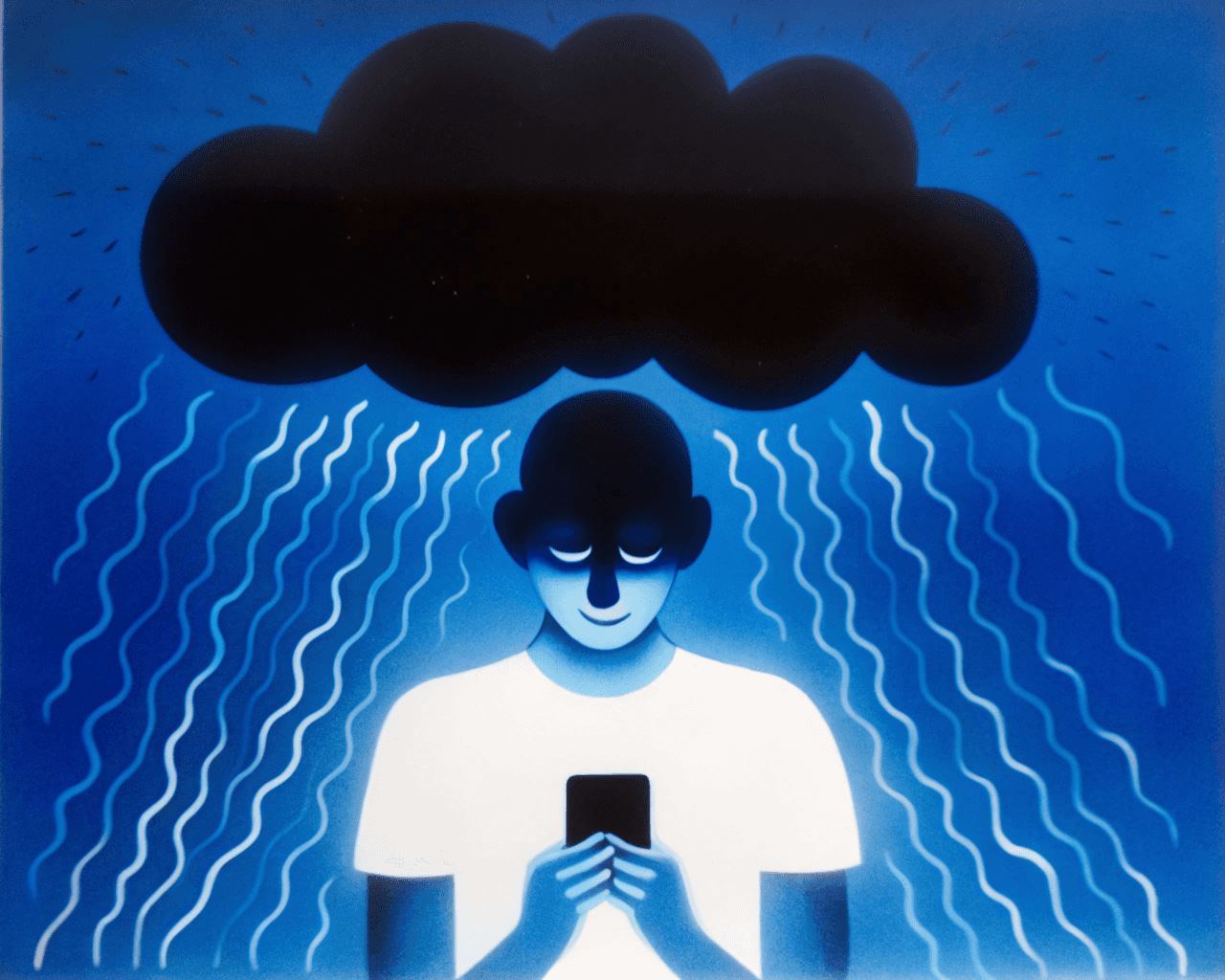Or when celebrating murder goes viral
By Alex Brontë
Dec 15, 2024
A mutilated body comes up on your screen. Hamas leader Yahya Sinwar's head with a gaping hole in his forehead, sprawled in the rubble like a barbarian’s trophy on display. The posts on X blowing up, ecstasy. Three months later, another death lights up social media: Brian Thompson, CEO of UnitedHealth Group, gunned down outside an investor meeting in downtown Manhattan. The reactions? A flood of tasteless jokes and puns about "thoughts and deductibles." And people fangirling over Luigi Mangionne and his Manifesto, The Unabomber, all over again.
This is murder as entertainment, where death is for the enjoyment of the public, and comment sections transform into a Roman coliseum. The mindless crowd cheers on from their couches while they choke on the newest flavor of Logan Paul’s PRIME, like mini hedonistic caesars, sharing, memeing, and celebrating that a human being has just had their life ended for them.
When Sinwar's death photo circulated, users reveled in the violence. They zoomed in. They made jokes. They turned a dead body into content. With Thompson, the response was equally a bit more disturbing since he’s not an active participant in a war, just a civilian. "Protect the shooter" posts proliferated. Memes about denied coverage flooded X. Someone even started a GoFundMe for the killer's legal defense.
The justifications flow easily. Sinwar orchestrated the October 7 attacks. Thompson's company denied countless insurance claims, potentially contributing to preventable deaths. But when did we collectively decide that celebrating murder was the appropriate response? When did we normalize turning assassination into entertainment? It used to be punk to say the funniest thing or the most inappropriate; there was value in satire and black humor, but you were the outlier then, now it seems more punk just to be commonsensical, think critically, and be measured, we live in an upside-down world.
Social media created a perfect storm for this kind of idiotic behavior. Distance and anonymity shield from consequences and helps uninhibited cruelty come into light and out of darkness. Behind usernames, people feel free to express joy at violence that would horrify them in person. Engagement algorithms don't distinguish between heartfelt discussion and bloodthirsty celebration. They just push engagement rate optimization.
A single tweet calling Thompson's killer a "hero" spawned thousands of variations. Calls for similar actions against other healthcare executives proliferated. The violence fantasy went viral. With Sinwar, users raced to make the most shocking comments about his corpse, each trying to outdo the other in expressing satisfaction at his violent end.
What does this say about us? That we're capable of compartmentalizing extreme violence when it happens to people we've deemed deserving? That our moral compass spins differently online? Or perhaps that social media has simply revealed something that was always there: our capacity to cheer death when we think justice has been served? I get it when Elon says that X is the “public town square” hangings and all. And look, I am absolutely for free speech. I’m not calling for a ban or censorship, just common sense, civility, thoughtfulness. I don’t think Elon should do anything specific about it, you should.
The truth is more complex and uncomfortable. These online death celebrations are public performances. Each comment, each meme, each celebration is a signal to others about where you stand. It’s an extension of Identity politics. By cheering Sinwar's death, users declare their position on the Israeli-Palestinian conflict. By celebrating Thompson's murder, they broadcast their stance on American healthcare. The actual deaths become secondary to the social capital gained from reacting to them.
This performative bloodlust has consequences beyond the replies on X. When we normalize celebrating assassination online; we lower the threshold for accepting political violence in reality. When murder becomes “fun,” we degrade our own humanity in the process, deeply so. Calling for any death publicly is what terrorists do, don’t be a terrorist.
None of this digital celebration affects the dead. Sinwar can't read the comments about his exploded skull (or your “#QueersForPalestine” Bio). Thompson won't see the memes about his insurance denials. The only people impacted by this behavior are the living. Us. Every time we participate in these digital death parties, we chip away at our own capacity for empathy and love. Our humanity.
So please, next time a controversial figure meets a violent end, and there will be a next time, pause before adding your voice to the shitstrorm. There’s an adage that used to be common, “think before you speak,” just replace the “speak” for “type”. Ask yourself: What am I really cheering for? The death? The perceived justice? Or just the chance to perform my allegiances for an audience of strangers? Or get my dopamine hit from a couple of unknown idiots online who’ll like my post. And make me feel better about myself?

